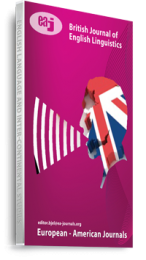This paper is a sociolinguistic study that examines the use of the mother tongue in the public administration of Ngaoundere, Adamawa Cameroon, focusing on the practices, the attitudes of public workers and the relevance of the phenomenon. A sample population of 115 civil servants was surveyed and data were collected using a mixed method approach combining both participant observation and questionnaire. Fishman’s Domain Theory (1972) and Giles’ Accommodation Theory (2007) served as the theoretical framework for the analysis. The results show that the majority of public employees (45.22%) frequently communicate in their mother tongue, especially in Fulfulde, with public users, colleagues or friends to clarify messages or discuss casual topics. Employees (69.57%) accommodate their language to the public users’ code choice, when necessary, without resistance. They do not raise an eyebrow when they hear colleagues speaking to each other in their native language (74.78%) or colleagues speaking to public users in their native language (74.78%). Interestingly, a significant proportion of staff (60%) recognise the relevance of mother tongues in administration, highlighting their role in improving service delivery, work cohesion and increasing trust and citizen engagement. The study concludes that the use of the mother tongue in the workplace is a key factor in effective public administration and advocates policies that support multilingualism to improve governance and service delivery in local administrations in the era of decentralisation
Keywords: Attitudes, Practices, Public Administration, Relevance, home language

